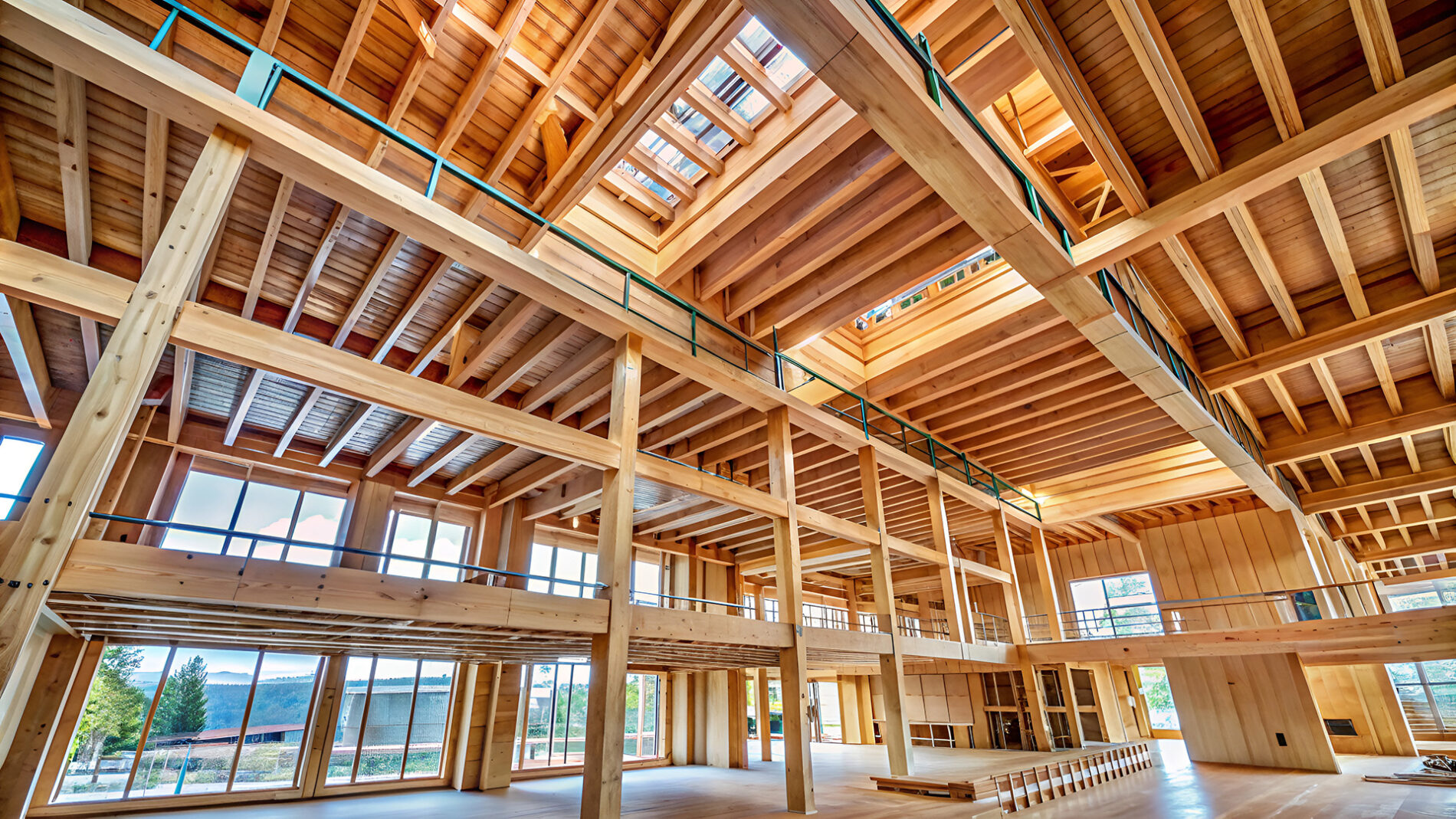What are the Benefits of MBCx and Building Optimization

What are the Benefits of MBCx and Building Optimization
Both MBCx and Building Optimization offer a wide range of benefits, which contribute to enhanced building performance and sustainability. Here are some of the advantages of each:
Benefits of Monitoring-Based Commissioning (MBCx):
- Improved Energy Efficiency: MBCx helps identify energy inefficiencies and anomalies in real-time or near real-time, allowing for timely corrections. This results in significant energy savings and reduced operating costs.
- Reduced Maintenance Costs: By continuously monitoring building systems and detecting issues early, MBCx can help prevent costly equipment breakdowns and extend the lifespan of assets. This leads to reduced maintenance expenses.
- Optimal Comfort and Occupant Satisfaction: MBCx ensures that heating, cooling, lighting, and other building systems maintain optimal comfort conditions for occupants, leading to increased occupant satisfaction and productivity.
- Environmental Benefits: Energy savings achieved through MBCx reduce a building’s carbon footprint, making it more environmentally friendly and helping organizations meet sustainability goals.
- Data-Driven Decision Making: MBCx relies on data and analytics, providing building operators and facility managers with valuable insights. This data can inform decision-making, future investments, and building improvements.
- Compliance and Reporting: MBCx helps organizations comply with energy efficiency regulations and sustainability standards, which can result in cost savings and regulatory benefits.
- Proactive Issue Resolution: MBCx detects problems and inefficiencies in real-time or near real-time, allowing for quicker responses and resolutions to issues. This minimizes downtime and disruptions.
- Improved Resilience: MBCx can enhance a building’s ability to withstand disruptions and quickly recover from adverse events by ensuring systems are working optimally.
- Remote Monitoring and Control: Many MBCx systems allow for remote monitoring and control, enabling facility managers to adjust and troubleshoot issues without being physically on-site.
- Long-Term Savings: While there may be initial costs associated with implementing MBCx systems, the long-term cost savings and benefits can be substantial, providing a return on investment.
- Competitive Advantage: Buildings that utilize MBCx can be marketed as energy-efficient and environmentally responsible, giving property owners a competitive edge in the real estate market.
Benefits of Building Optimization:
Building Optimization excels at identifying equipment faults and opportunities for further optimization:
- Energy Efficiency: Building optimization services help reduce energy consumption by optimizing heating, ventilation, and air conditioning (HVAC) systems, lighting, and other energy-consuming equipment. This results in lower utility bills and a smaller carbon footprint.
- Cost Savings: By reducing energy consumption and improving the operational efficiency of a building, property owners can save on utility and maintenance costs over the long term. This can lead to a significant return on investment.
- Comfort and Productivity: A well-optimized building provides a more comfortable and productive environment for occupants. Proper temperature, lighting, and air quality can lead to higher employee satisfaction and better overall performance.
- Sustainability: Building optimization services support sustainability efforts by reducing a building’s environmental impact. This is increasingly important in today’s world, where environmental concerns and regulations are becoming more stringent.
- Extended Equipment Life: By maintaining and optimizing building systems, such as HVAC and lighting, their lifespan can be extended, reducing the need for costly replacements and repairs.
- Remote Monitoring and Control: Building optimization services often include the implementation of advanced building management systems that allow for remote monitoring and control. This can help facility managers quickly respond to issues, improve system performance, and reduce downtime.
- Compliance with Regulations: Many regions have energy efficiency and environmental regulations that buildings must adhere to. Building optimization services can help ensure compliance and avoid potential fines or penalties.
- Improved Resilience: Building optimization services can enhance a building’s resilience to external factors such as extreme weather events, power outages, and other disruptions. This can help ensure business continuity and occupant safety.
- Health and Well-being: Improved air quality and comfort can contribute to the health and well-being of building occupants. This is particularly important in healthcare facilities, educational institutions, and office buildings.
- Data-Driven Decision Making: Building optimization services often involve data collection and analysis, providing insights that can inform future upgrades and investments, leading to more informed decision-making.
- Competitive Advantage: Buildings that are energy-efficient and environmentally friendly can be marketed as eco-friendly, attracting environmentally conscious tenants and customers. This can give property owners a competitive edge in the real estate market.
- Adaptability and Future-Proofing: Building optimization services can help buildings adapt to changing needs, technologies, and regulations, making them more future-proof.
- Customized Insights: optimization can be tailored to the specific needs and goals of a building or organization, providing customized insights and recommendations for improvement.
- Continuous Improvement: Optimization encourages a culture of continuous improvement, fostering ongoing efforts to optimize building performance.
- Peak Demand Management: Optimization can help identify and reduce peak energy demand, which can lead to substantial cost savings as many utility companies charge higher rates during peak demand periods.
Both Monitoring-Based Commissioning (MBCx) and Building Optimization offer valuable benefits, with MBCx primarily focused on maintaining and addressing deviations in building performance, while Building Optimization takes a more holistic approach to enhance a building’s overall performance, including sustainability, energy efficiency, and occupant comfort. Combining these services ensures that your building remains efficient, adaptable, and a valuable asset for the long term.





